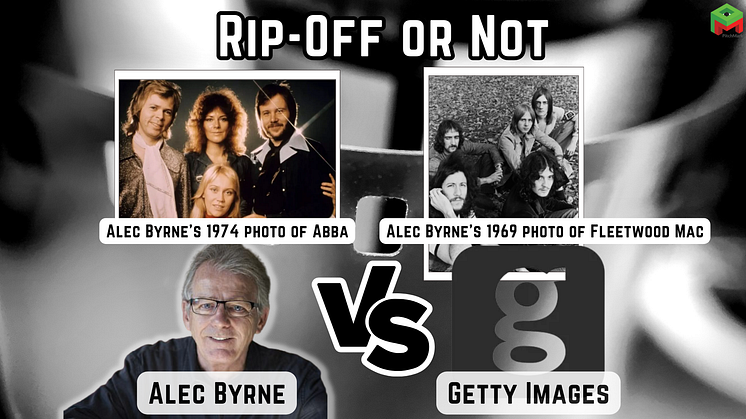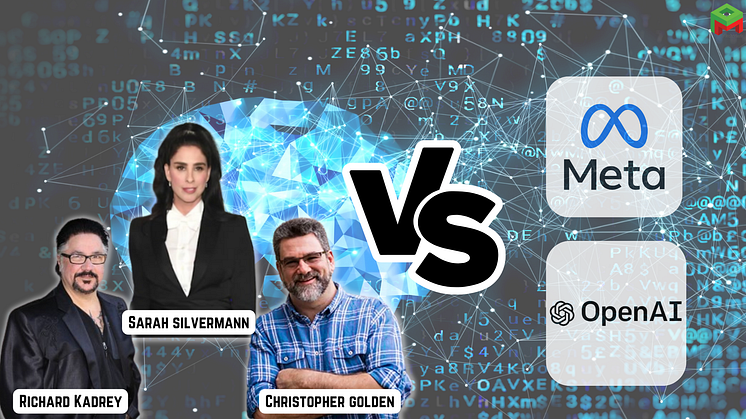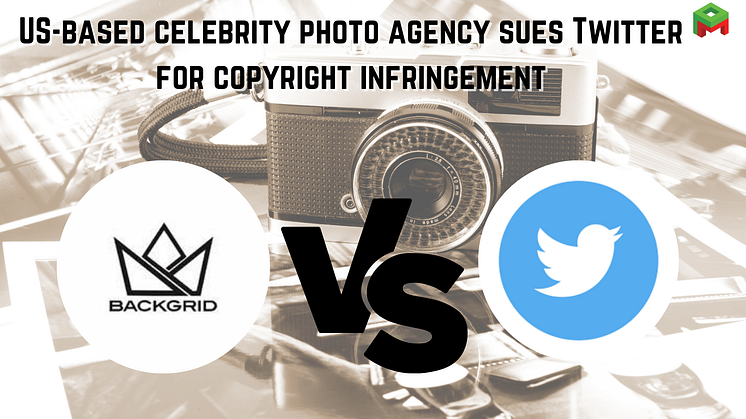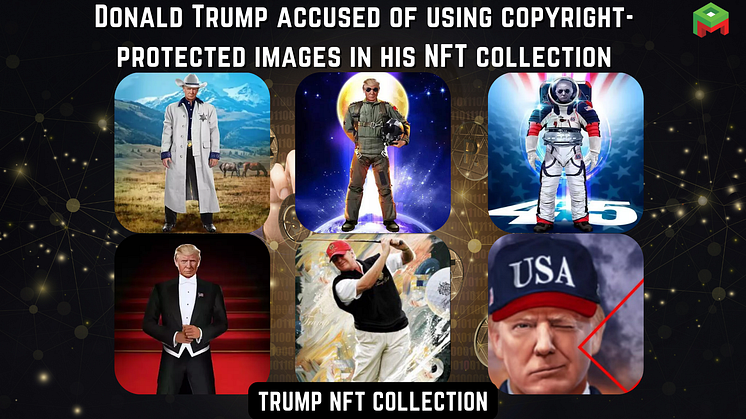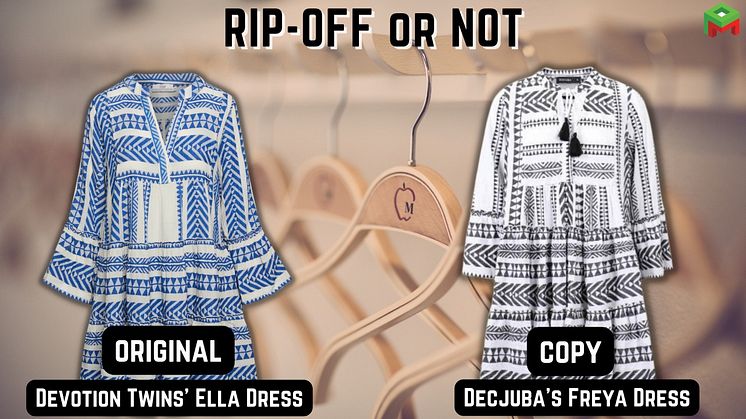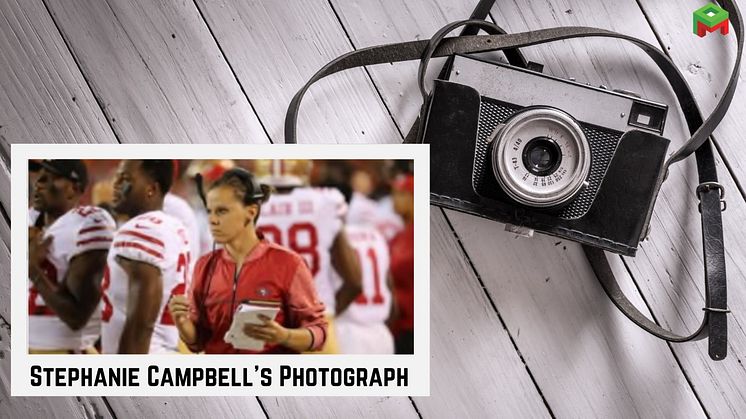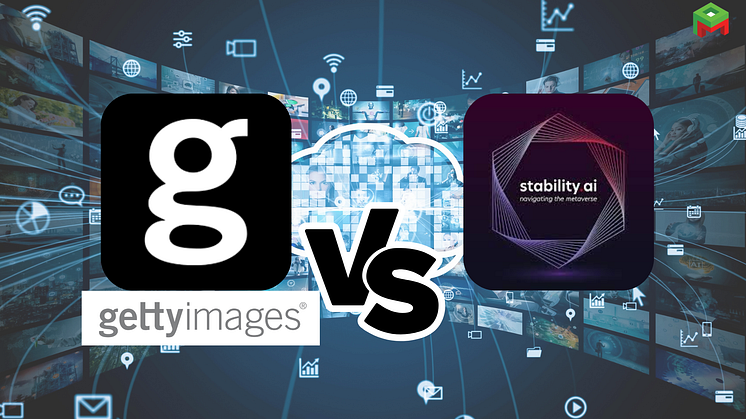
News -
Getty Images sues AI art generator Stable Diffusion for trillions of dollars
The makers of the well-known AI art tool Stable Diffusion, Stability AI, are being sued in a United States District Court by Getty Images for allegedly violating the copyrights of 12 million photographs from the company’s collection, and is asking for trillions of dollars in compensation.
Stability is accused of copying Getty's images, captions, and information “as part of its efforts to build a competing business” through its revenue-generating interface known as DreamStudio, according to the complaint filed by Getty.
“Stability AI now competes directly with Getty Images by marketing Stable Diffusion and its DreamStudio interface to those seeking creative imagery, and its infringement of Getty Images’ content on a massive scale has been instrumental to its success to date,” the complaint reads.
Moreover, Stability provides open-source variations of Stable Diffusion for use by other developers in the creation of their own image-generating models.
The lawsuit states: "Those third parties benefit from Stability AI's infringement on Getty Images and, in turn, Stability AI benefits from the widespread use of its algorithm.”
Along with violating Getty Images' well-known trademarks, the lawsuit claims that Stability “removed or altered Getty Images’ copyright management information [watermark], provided false copyright management information and infringed Getty Images’ famous trademarks through various treatments on the company’s watermark” in copying images and generated images.
Copyright infringement, supplying false copyright management information, removing or altering copyright management information, trademark infringement, unfair competition, and misleading business practices are some of Getty's accusations against Stability.
The attorneys representing Getty have asked for a jury trial and statutory damages of up to US$1.8 trillion, based on US$150,000 for each work that has been violated.
PitchMark recently wrote about Australia-based artist Kim Leutwyler accusing the photo and video editor app Lensa of stealing artists' work in order to create artificial intelligence (AI)-based self-portraits and demanding more stringent copyright laws to combat AI-generated art.
PitchMark helps innovators deter idea theft, so that third parties that they share their idea with get the idea but don’t take it. Visit PitchMark.net and register for free as a PitchMark member today.

